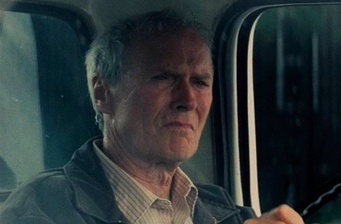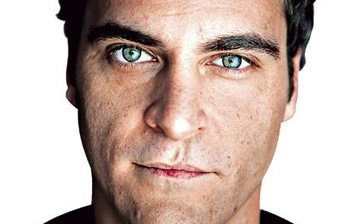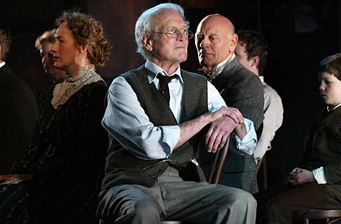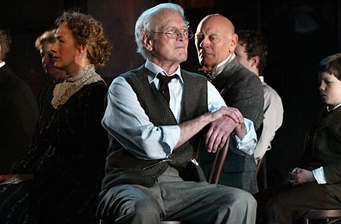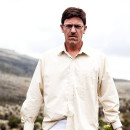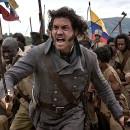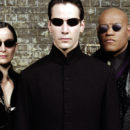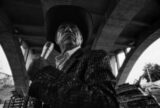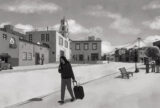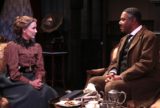Clint Eastwood retires from acting!
11.25.2008 | By Mack Chico |

The Dirty Harry star says he has no plans to appear in films again after starring in Gran Torino, a drama about a racist veteran of the Korean War.
“That will probably do it for me as far as acting is concerned,” said the 78-year-old, who stressed he had no plans to stop directing films.
“You always want to quit while you are ahead,” he said. “You don’t want to be like a fighter who stays too long in the ring until you’re not performing at your best.”
His performance in Gran Torino, which is released in Britain in February and which he also directed, has already been tipped as worthy of an Oscar. The drama revolves around the relationship between a disgruntled war veteran and his young neighbour, an Asian American teenager who tries to steal his prized possession, a 1972 Gran Torino.
Eastwood worked as a petrol pump attendant, a bar-room piano player and a lumberjack before becoming an actor, where his 1959 western TV series Rawhide turned him into a household name and he was cast by Sergio Leone in the cowboy classic A Fistful of Dollars.
But his film direction now earns him his greatest acclaim. In the New Year he will direct The Human Factor, a drama about the 1995 Rugby World Cup, hosted by South Africa, with Morgan Freeman playing Nelson Mandela.
“Everybody thinks making films back to back is a big deal but they did it all the time in the old days,” he said.
However a friend of Eastwood said he would never rule out an acting comeback for the veteran star:
“If something comes along that attracts his attention or demands his involvement and he is still able to consider acting in a picture then who knows? Gran Torino was such a movie.
“But that is not his priority and he is not seeking an acting role,” the friend said.

